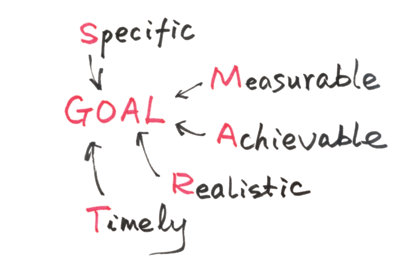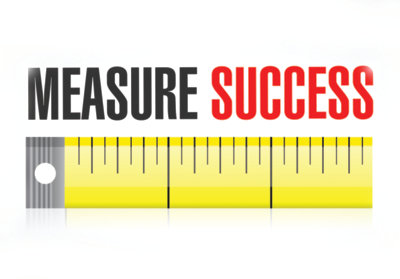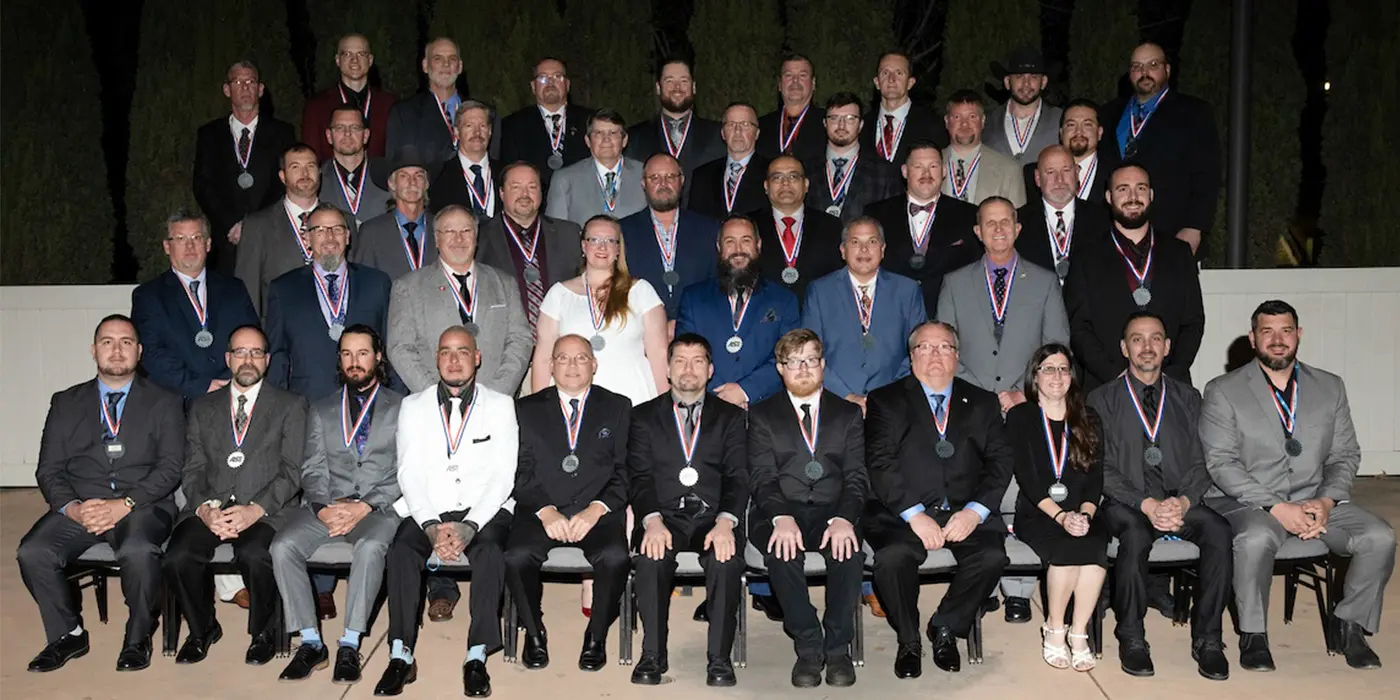Improving employee performance is a critical issue that most shop owners struggle with on a daily basis. I’ve discovered that building and maintaining a strong team of high performers is an ongoing process that requires a range of strategies, from providing the proper training to offering opportunities for growth.
Here’s a look at the methods I’ve used to improve employee performance and reduce turnover.

Tracking Performance
For many shop owners, tracking employee performance often falls by the wayside until a major problem arises. Yet, when it comes to achieving goals outside of work, we often rely on metrics to determine if we’re reaching our objectives. If you want to run a marathon, you track your time. If you want to lose weight, you measure your body fat. The same concept holds true when it comes to evaluating employees. You must set goals for each position in your shop and then establish a tracking mechanism to measure performance.
The goals and methods of measurement will clearly vary by job. For technicians, we look at the number of hours flagged per week and hours per ticket. We also track rechecks. For managers, we have minimum expectations for sales and margins. The benefit of this approach — in addition to helping provide a clearer snapshot of staff performance — is that it eliminates any shop politics. An employee who is a personal friend won’t receive special treatment if his performance doesn’t merit it and, conversely, a staff member you may not be close with may still rise through the ranks if the performance warrants a promotion. I also have employees sign off on what’s expected of them, so they are fully aware of the stakes involved.

In my experience, there are usually three reasons for lagging performance. Either the employee doesn’t know how to do the job, isn’t capable of doing the job or doesn’t care about the job.
Of those options, the only one you can really address involves the employee who doesn’t know how to do the job. That’s where training proves to be essential. If a manager isn’t meeting sales objectives, it may be that his sales process needs improvement. Maybe he isn’t communicating a sense of urgency to customers. The way to solve that problem is to reiterate the customer service process and to conduct one-on-one meetings to ensure that the employee understands key sales concepts.
Of course, if an employee’s performance still fails to improve after re-training, you need to cut ties. For one-shop operators, that requires a stable of talent waiting in the wings so that you aren’t held hostage by poor performance.

Retention Strategies
Half the battle with employee turnover is won during the hiring process. When interviewing prospective employees, steer clear of candidates who seem to switch jobs every year. The past is a pretty good indicator of the future, and job hoppers are likely to continue to repeat their previous patterns.
Training is also key in the retention process. An employee who feels helpless and lost will start looking for other options before long. That’s why we don’t track performance for many of our employees until they’ve been fully trained and with the company for at least a month. We reinforce training by having managers check in with new employees regularly to determine if they are happy and gaining knowledge. Remember, a new employee is an investment. You’re not going to recoup your money until that staff member knows what he’s doing.
Rewards and recognition also provide incentive for solid workers to stay. There are several ways to acknowledge good performance.
• Bonuses are one option, and while we do offer a bonus to managers based on overall store performance and individual sales, it doesn’t amount to a large portion of the manager’s overall compensation package. I personally dislike handing out cash as a reward because it’s difficult to offer anything else for good work once you’ve established a cash incentive.
• Recognition is a great way to reward strong performance. I’ll take the top salespeople to lunch to congratulate them on their accomplishments. Having that personal time with the boss is something they really appreciate. I also track my managers weekly and share their sales achievements in a spreadsheet that is circulated among all my stores so that everyone knows who are the top performers. The pride felt in reaching the top of the list serves as a huge motivator to managers.
• If you’re a smaller operator, you can achieve the same impact by spending five to 10 minutes of every staff meeting recognizing strong performers and their achievements. Less formalized rewards, such as buying lunch for the staff on a busy Saturday, can also help build goodwill.
• Finally, don’t underestimate the importance of offering employees opportunities to grow. A top performer will have higher ambitions, and it’s crucial to figure out how you can fulfill those needs. Because I’m frequently opening new stores, I’m able to offer high achievers the chance to potentially run a new location. For those with smaller holdings, consider offering increased responsibility or even providing ownership in your shop. The goal is to give the employees a reason to stay.
Greg Sands is the CEO and founder of Mudlick Mail in Acworth, GA. The company provides demographically targeted, direct mail programs for automotive service and repair shops nationally. Greg also owns and operates 29 repair shops across the country. Greg can be reached at [email protected] or 1-866-794-0167.














